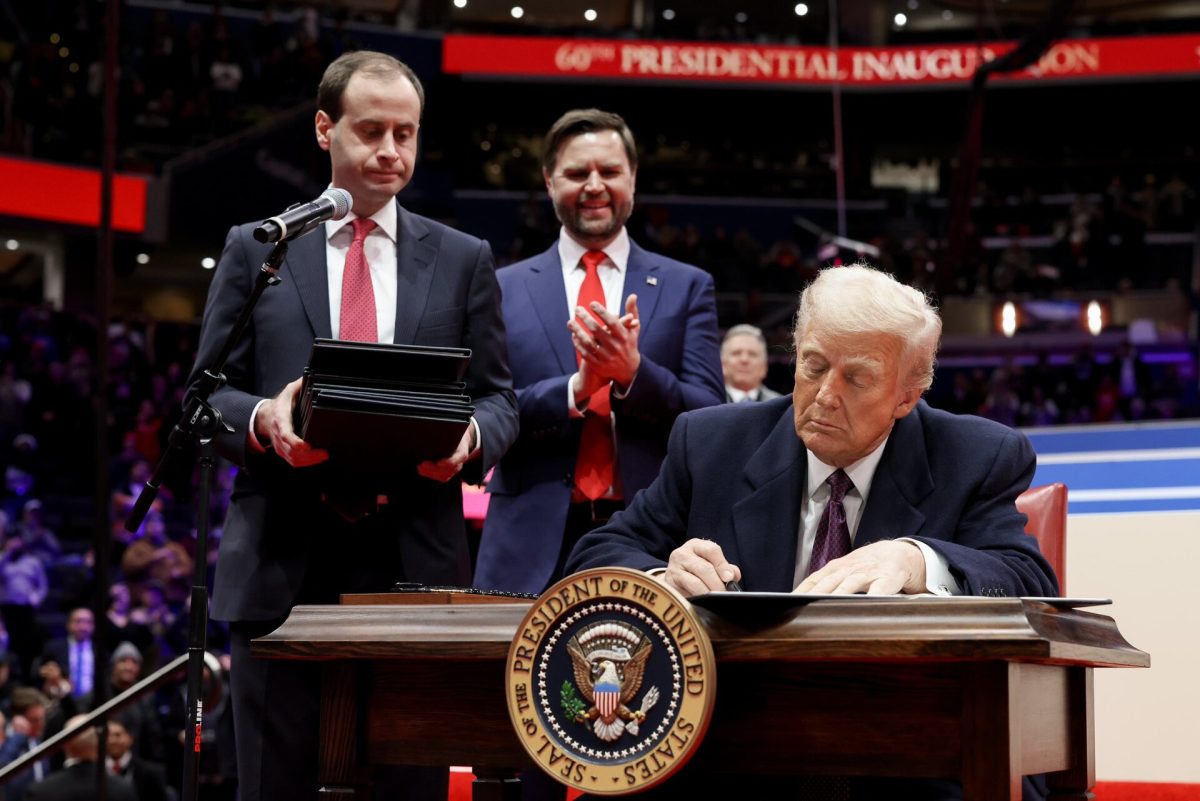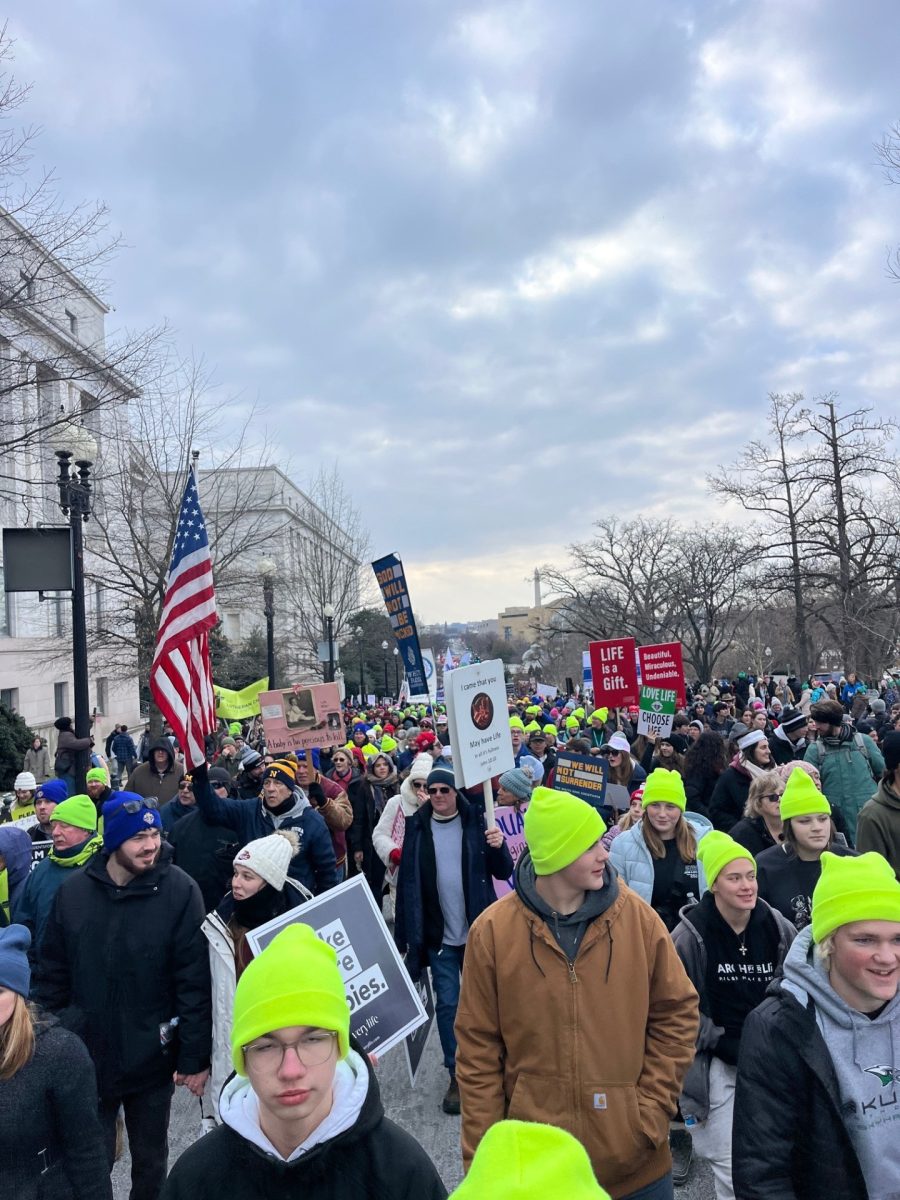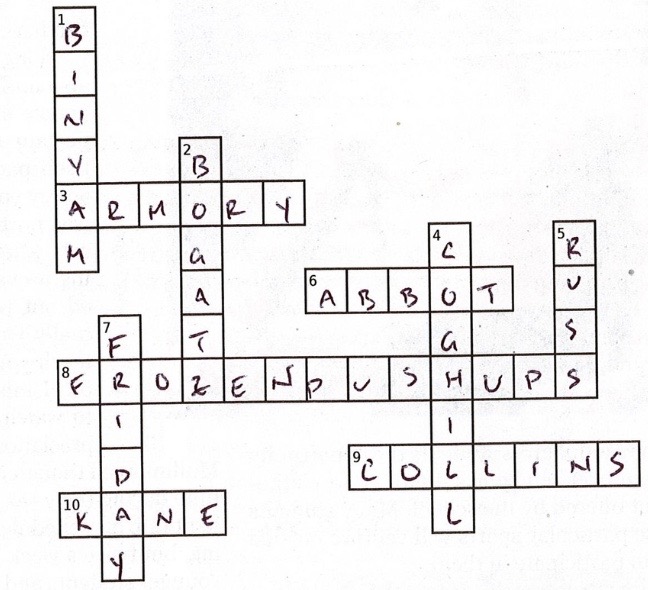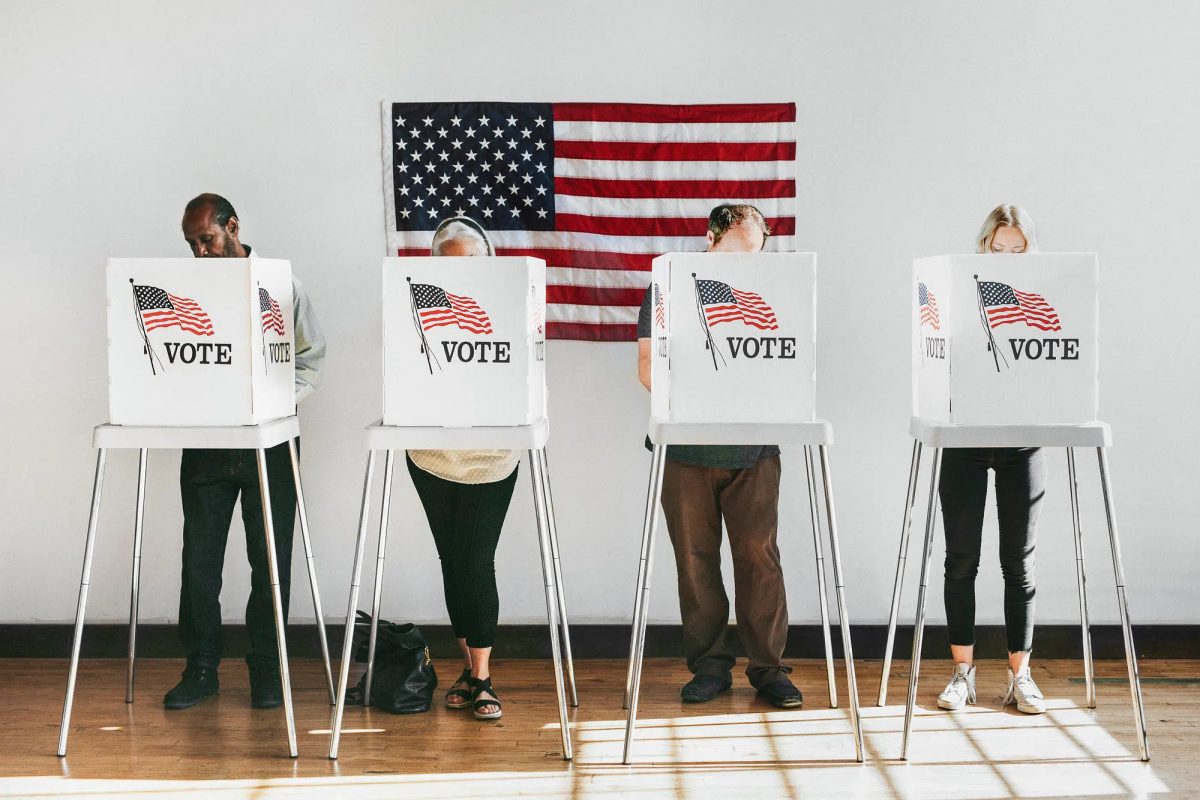“The vote is the most powerful instrument ever devised by man.” These words were spoken by then-President Lyndon B. Johnson on the passing of the landmark Voting Rights Act on August 6, 1965. Indeed, mighty is the power of the vote wielded by the collective citizenry of any free nation. Many a conflict has been decided at the ballot box. Now, in the turbid aftermath of the 2020 election, synonymous with January 6 and widespread allegations of election fraud, officials at every level of government have imposed new regulations aimed to protect against fraud—whether real or imagined—and restore the trust of the American people in their election system.
Whether many of these measures amount to actual progress or are merely pacifying remains to be seen. After Donald Trump unilaterally declared his victory in the 2020 election, controversy ignited nationwide as elected officials and citizens alike put the long-enduring system of under the microscope. As the 2024 election draws ever closer, the government has scrambled to enact new guidelines that protect from election fraud, in hopes of averting another 2020-esque crisis. From hand-counting ballots to securing voting machine software, public officials repeatedly reinsure the voting public that there is nothing to fear.
Arizona and Georgia have passed new guidelines that require ballots to be counted by hand at the polling place. Georgia requires three poll workers to count the ballots until all three counts are exactly the same. Wisconsin has made the use of drop boxes for ballots optional, leaving towns to decide for themselves whether or not to use them. The Pennsylvania Supreme Court also rejected a case that allows ballots with minor paperwork errors to be discounted, saying that throwing out ballots for “meaningless or inconsequential paperwork errors” violates the right to vote.
Other voter identity laws have aimed to make voting more secure. North Carolina recently allowed digital ID cards from the University of North Carolina at Chapel Hill to qualify as photo identification under state law. An Arkansas court pointed to a clause in the state constitution recently when it banned electronic signatures for voter registration. Now, voters will have to sign their name in pen in order to register.
There are also new laws in place to cover the period after votes are in. In Georgia, a “reasonable inquiry” is required before certifying election results. New Hampshire governor Chris Sununu recently signed a law that allows the state to audit the performance of election infrastructure.
Some measures hit closer to home. Right here in Nebraska, politicians aligned with Donald Trump are urging the state to change its system of tallying votes. According to CNN, Nebraska and Maine are the only states that divide Electoral college votes, instead of statewide, by congressional district. In Nebraska, that means the winner in the state election is accorded two votes. The rest are split by the winner in each district. Anyone who has seen the “Blue Dot” signs in Omaha yards has seen this in action. Omaha is almost invariably a Democrat city, and that means Kamala Harris may win the state, per PBS. “After deep consideration, it is clear to me that right now, 43 days from Election Day, is not the moment to make this change,” Senator Mike McDonnell told PBS.
A multitude of other regulations are in place nationwide, and they vary as much as the political makeup of each state. While it is not clear how much these new rules will impact voter apathy and election turnout, it is hoped that they will show, as Abraham Lincoln said, “the ballot is stronger than the bullet.”




























